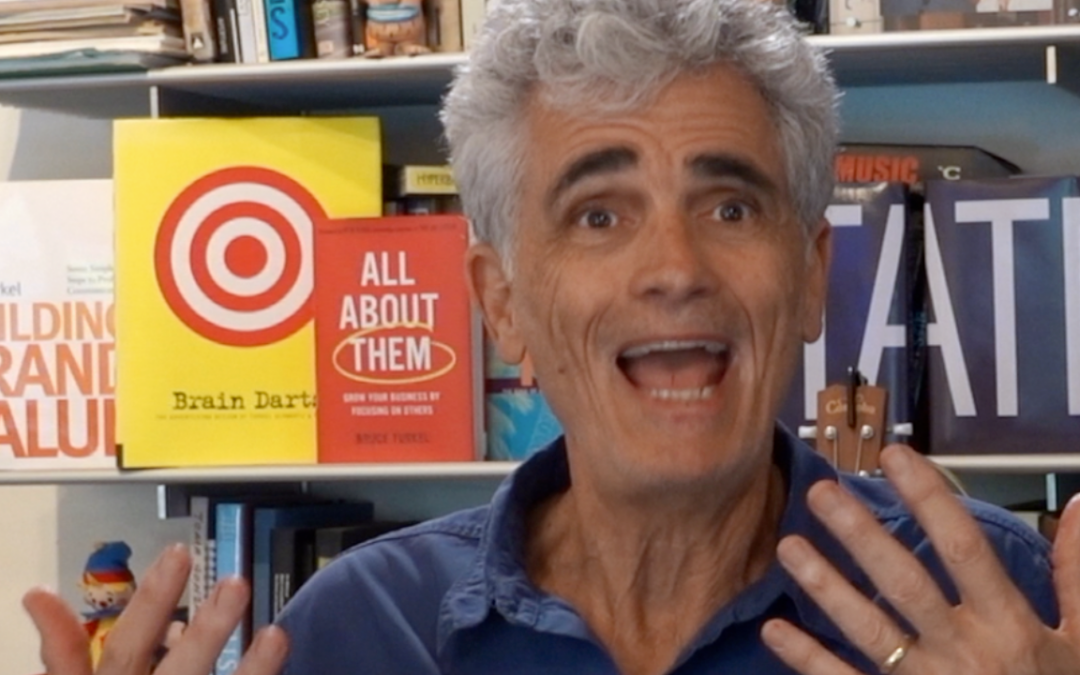Click HERE to watch the video.
My Early Experiences with Hurricanes
I was born on Miami Beach and have lived in Florida my entire life. Some of my earliest memories are of moving to a hotel to ride out impending hurricanes.
When I was a kid, I thought hurricanes were pretty cool. To my six-year-old self, the storms meant reading by candlelight, riding my bike through puddles, cooking everything on the BBQ grill, and skipping school.
Hurricane Andrew changed all that.
The Impact of Hurricane Andrew: A Turning Point
My family huddled in a dark hallway all night, listening to a freight train rumble over our house. Our neighborhood was unrecognizable by morning, littered with fallen trees and debris.
Today, the trauma starts growing long before the storm even hits.
What Is the Hurricane Industrial Complex?
The term “Hurricane Industrial Complex” starkly reminds us of the profit-driven nature of industries that thrive on the outsized attention hurricanes bring, much like the “military-industrial complex” described by President Eisenhower in 1961.
How Media Hype Exacerbates Hurricane Anxiety
As storms approach, media companies see a significant boost in viewership and ad profits. They use emotionally charged coverage to keep audiences hooked on every “breaking news” alert, extending the narrative to sell more advertising at higher rates. And this media frenzy isn’t limited to television—it spills over to print, digital and social platforms, creating even more fear and more ad revenue.
Real-World Examples of the Dangers of Overblown Hurricane Hype
The Numbers Behind the Dangers of Media Hype and Ratings
The numbers back this up. The Weather Channel saw a 120% ratings surge during Hurricane Florence, and Houston’s KHOU 11 saw a 42% jump in ratings after Hurricane Harvey. Special hurricane preparedness editions, like those published by my hometown paper, The Miami Herald, attract advertisers from the home improvement and insurance industries, who wouldn’t ordinarily buy ad space.
Over-sensationalized Reports Lead to Panic
While hurricane preparedness is crucial, the dangers of non-stop hurricane media hype often exacerbate problems for viewers. Critics have called out media outlets for their over-sensationalized reporting, which can lead to the dangers of panic and excessive preparation. During Hurricane Irma, for instance, reports predicted catastrophic damage in Tampa Bay, prompting unnecessary evacuations and expenses. The resulting fuel shortages and congested highways only added to the chaos, as the New York Times and ABC News reported. What’s worse, overblown reports can breed apathy in future storms.
This “boy who cried wolf” analogy comes from the fable in which a shepherd repeatedly lies about a wolf attack, and when the wolf does arrive, no one believes him. Similarly, people tune out future warnings when heavily publicized storms fail to cause the expected destruction. This puts residents at risk because they might not take the necessary precautions or evacuate when a dangerous storm arrives, assuming it’s just another false alarm.
The Dangers of Ignoring Future Storm Warnings
Lessons from Hurricanes Matthew, Michael, and Dorian
In 2016, Hurricane Matthew saw areas in Florida brace for a direct hit that never fully came. Later, when Hurricane Michael hit in 2018 as a Category 5, some residents were slow to react, possibly due to fatigue from past storms that hadn’t lived up to the hype.
Similarly, in 2019, forecasters predicted that Hurricane Dorian could potentially make landfall as a Category 5 storm, sparking major concern. But Dorian ended up stalling over the Bahamas and missing Florida, causing frustration among those who evacuated unnecessarily. Although forecasters based their predictions on potential outcomes, the public perceived the warnings as exaggerated.
What Needs to Change in Hurricane Media Hype Reporting?
Clearly, there must be significant advance warning of impending storms. However, when media outlets run 24/7/365 coverage based on profits rather than community safety, they don’t always serve the proper masters.


Mel Brooks’ 2000 Year Old Man, asked about transportation. Said, “Fear was the main propulsion.” Today we can see how powerful emotion, namely fear, is a powerful motivator in everything from hurricane warnings to political campaigns.
There’s a lesson in here about marketing/selling: Bob Gage, the Advertising Hall of Fame art director, commented “Hit ‘em in the heart. Their brains will follow.” (I think I’m paraphrasing here and I won’t bring up Charles Colton’s remarks about the Vietnamese ..)
Anyway, point is that emotions are stronger than intellect when it comes to motivating people.
Keep preaching on this, Bruce! I have a “friend of a friend” who worked at TWC, and they don’t call it Hurricane season. They call it ratings season.
Great try, but you couldn’t be more wrong. I’d rather be overwarned than under warned.
Honestly, weather is not political.